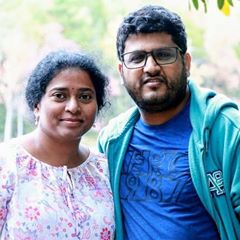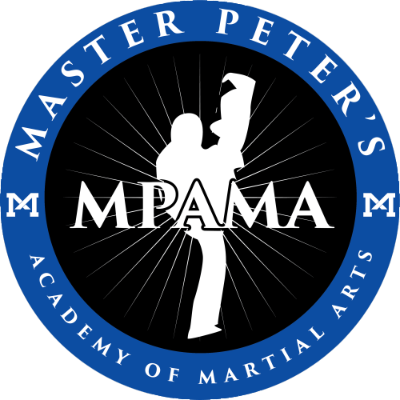When most people think about getting better at martial arts, they picture intense workouts, long training sessions, and constant repetition. However, the truth is that improvement doesn’t just happen during training sessions, but between them as well. Rest isn’t a break from progress; it’s part of the process. Whether you’re a beginner or a seasoned black belt, rest is crucial to performance, recovery, and long-term success. Here’s why:
Preventing Injury
Training hard without enough rest can lead to injuries like muscle strains, joint pain, and fatigue-related accidents, all stemming from overuse of the muscles. Rest allows your body time to heal and adapt to the physical stress of training. In martial arts, where techniques demand strength, speed, and precision, pushing your limits is encouraged, which is why it’s extra important to take time to rest and recover. Training without proper rest increases the risk of injury and slows your progress.

A group of martial arts testers take time stretch during a Black Belt Test.
Building Strength
Every time you train, your muscles experience microscopic damage, which is a natural part of the strengthening process. With rest, your body repairs and rebuilds those muscles, making them bigger and stronger than before. Likewise, your brain processes what you’ve learned—helping new techniques, patterns, and movements stick. Without allowing yourself rest, your physical gains flatten out and your progress stalls. Incorporating the right amount of rest helps you grow more powerful, sharper, and more coordinated.

A young martial artist rests his body during a class.
Mental Clarity
Martial arts, as with all other kinds of training, isn’t just physical—it’s mental. Improving on any technique or trait requires sharp concentration, a clear mind, and energetic motivation. However, exhaustion and fatigue can cloud your judgment, reduce reaction time, and make it harder to stay determined. Rest improves your focus, mood, and decision-making, all of which are critical when practicing self-defense or preparing for a belt test. Taking time to reset helps you return to the mat with energy and clarity.

A group of students clear their minds to sharpen their focus.
The MPAMA Way
At MPAMA, we intentionally structure our programs to give students the rest they need to thrive. Unlike many gyms or dojos that push constant, daily sessions, our programs are designed for our students to train a few times each week. This frequency gives students time to recover, reflect, and recharge between training days—maximizing their results and minimizing burnout. On the flip side, we also teach our students to be careful about over-resting, which can be just as harmful to over-training. To find balance between activity and rest, we encourage our students to continue to practice techniques and forms during their free time outside of classes as well, so they can stay fresh with what they’re learning while giving their bodies a well-deserved break. We teach our students that discipline doesn’t just mean showing up—it means knowing when to take care of your body and mind!
Conclusion
If you’re training hard but not seeing the progress you want, ask yourself this: Am I giving myself time to recover? Rest isn’t weakness—it’s strategy. Whether you’re aiming to master your next form or simply build confidence and strength, smart recovery is your secret weapon. At MPAMA, we don’t just train stronger martial artists—we build smarter ones.








